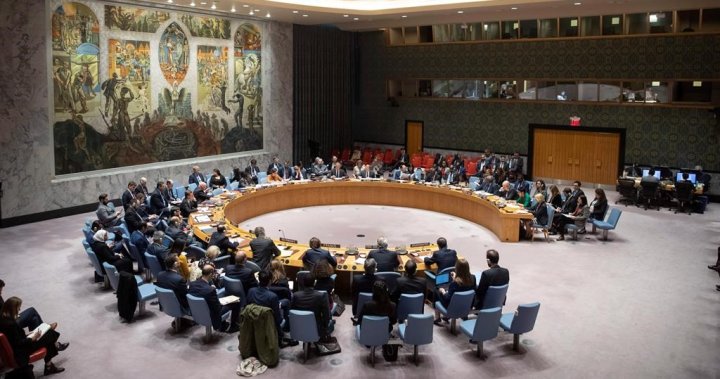COVID-19: UN Warns Against Terror Groups Exploiting Pandemic

Terrorist groups have engaged new forms of terrorism including bioterrorism, cyber-attacks and misuse of digital technology, the United Nations (UN) has warned.
These tactics, the UN said, have emerged as a direct result of the COVID-19 pandemic, disrupting health systems, and economies globally.
The UN Secretary General, Antonio Guterres noted that “like the virus, terrorism does not respect national borders.”
According to the UN, the coronavirus has never put the global community at this magnitude of a risk since its founding 75 years ago.
“It affects all nations and can only be defeated collectively,” Guterres said during the opening of the Counter-Terrorism Week, an annual gathering of UN and international experts.
Guterres also stated it is too early to assess the full implications of the virus on the terrorism landscape, but warned that terror groups such as ISIL, Al-Qaeda, neo-Nazis and other such groups will seek to “exploit divisions, local conflicts, governance failures and grievances to advance their objectives.”
He also urged for continued investment in national, regional and global counter-terrorism capabilities to combat terrorism sects.
“Full compliance with international humanitarian, human rights and refugee law is essential. The fight against terrorism must uphold these values or it will never succeed,” Guterres added.
He pointed out the need for independent actors to act with “pandemic sensitive and holistic approaches.
“Non-state actors must not be allowed to exploit the fissures and fragilities of rising psycho-social, economic and political stresses, related to the coronavirus,” he said.
Guterres also stressed the need for stronger information sharing between countries, especially between nations that have learnt from their experiences in the new COVID-19 security landscape.
“Quality capacity-building assistance to Member States will remain an important pillar of UN counter-terrorism work.
“We must commit to do more and better. As in every other area of our mission, our work should be assessed by the difference we make in people’s lives,” the UN chief added.
Meanwhile, the UN Counter-Terrorism chief, Vladimir Voronkov noted that although there had been a decline in the number of terror attacks and death since the rise of ISIL, terrorism still remains to be a “major threat to international peace and security,” with groups extending to new territories.
The UN Office of Counter-Terrorism (UNOCT) and the Security Council is also expanding its work, with more than 300 counter-terrorism capacity building projects, benefitting 72 countries, Voronkov stated.
He added that although the COVID-19 pandemic had not hindered their efforts, “we warned countries to remain vigilant.
“Terrorists are using innovative tactics and tools to exploit vulnerabilities and conditions conducive to terrorism, many of which have been exacerbated by the pandemic,” he said.
Ghada Fathi Waly, the Executive Director of the UN Office on Drugs and Crime (UNODC) also underlined that detention sites must be addressed, noting that radicalization to violence in prison settings represented a “potential breeding ground for terrorists as well as the spread of COVID-19.”
The coronavirus which originated in China in December 2019, has had major effects on the world at large, with close to 13 million infections as of July 13, with 32,558 cases in Nigeria.
Support Our Journalism
There are millions of ordinary people affected by conflict in Africa whose stories are missing in the mainstream media. HumAngle is determined to tell those challenging and under-reported stories, hoping that the people impacted by these conflicts will find the safety and security they deserve.
To ensure that we continue to provide public service coverage, we have a small favour to ask you. We want you to be part of our journalistic endeavour by contributing a token to us.
Your donation will further promote a robust, free, and independent media.
Donate HereStay Closer To The Stories That Matter




